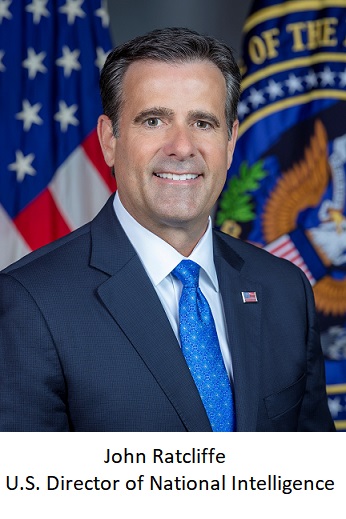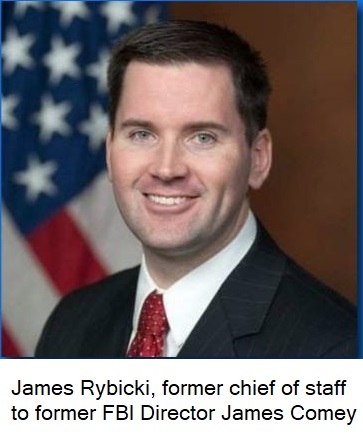After three years of claiming that it could not find any records about murdered Democratic National Committee employee Seth Rich, the FBI admitted today that it has thousands of pages of information about him, further admitting that it has custody of his laptop.

So what changed between then and now? Here’s an excerpt from the email that I received this morning from an attorney representing the FBI against my client, Brian Huddleston, in Huddleston v. FBI, Case No. 4:20-CV-00447 (E.D. Tex.):
FBI has completed the initial search identifying approximately 50 cross-reference serials, with attachments totaling over 20,000 pages, in which Seth Rich is mentioned. FBI has also located leads that indicate additional potential records that require further searching. At this time, FBI anticipates processing only the pages where Seth Rich is mentioned, along with perhaps another page or two in each situation to provide context. The issue right now with this batch of documents is the amount of labor required to ingest all of the material so that the responsive pages will, first, be in a page format, secondly, can be identified from among the thousands of non-responsive pages, and finally, be processed.
FBI is also currently working on getting the files from Seth Rich’s personal laptop into a format to be reviewed. As you can imagine, there are thousands of files of many types. The goal right now is to describe, generally, the types of files/personal information contained in this computer. Furthermore, the FBI will continue to evaluate the responsiveness of these files under the FOIA.
In summary, FBI has made significant progress in the search, but there is still much work that lies ahead, including (1) ) processing the approximately 50 cross-references (with thousands of pages to ingest and sort through), 2) undertaking some level of review of the personal laptop, and 3) completing all remaining searches.
Unfortunately, these efforts are hampered by FBI FOIA office’s reduction to a 50% staffing posture due to Covid.
In light of the status of this search and the work left to be done, we propose an additional 3 months to complete the tasks described above. At that time, we will propose a production schedule and briefing schedule.
I would like to provide this status update to the Court with the proposed schedule. Please let me know if you would like to file something jointly with the Court, or if you would prefer that I file this and you can respond accordingly.
In his 2018 declaration, Mr. Hardy also testified that the Metropolitan Police Department in D.C. was solely responsible for investigating Mr. Rich’s murder. So why does the FBI have Mr. Rich’s laptop rather than MPD? And after fighting tooth and nail to hide this information for so long, why is the FBI coming clean now? [Continued on p.2]

